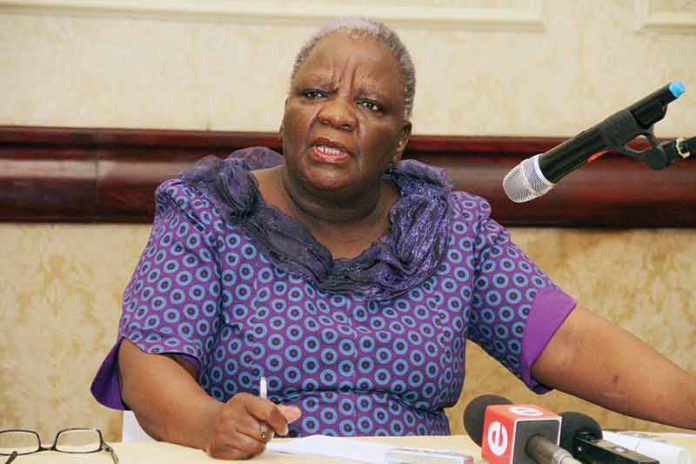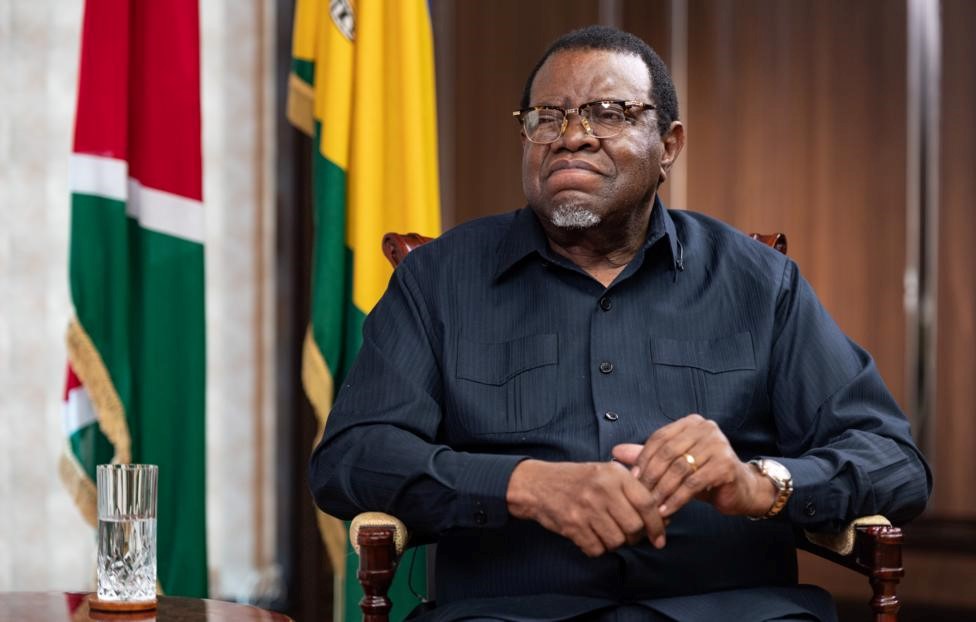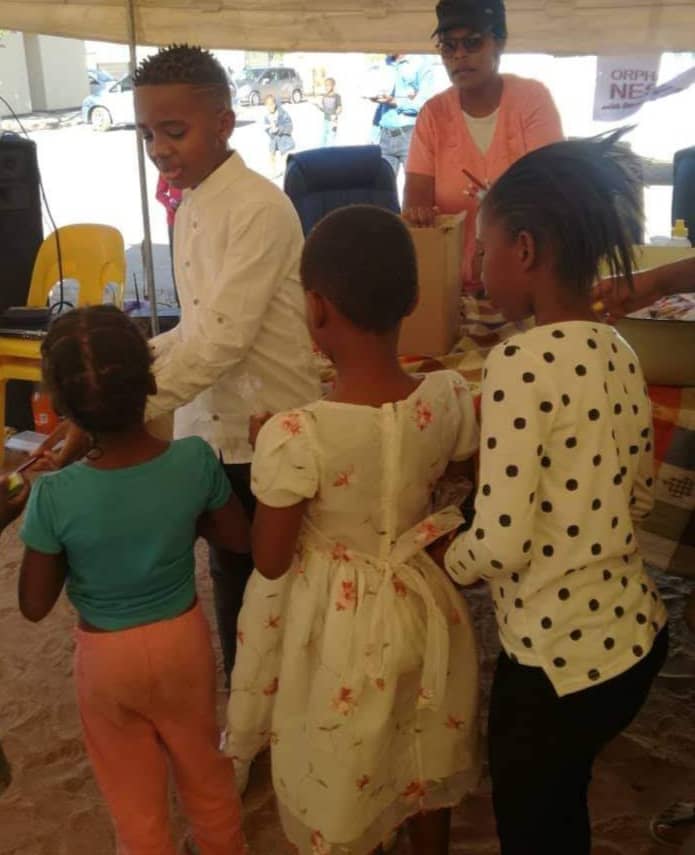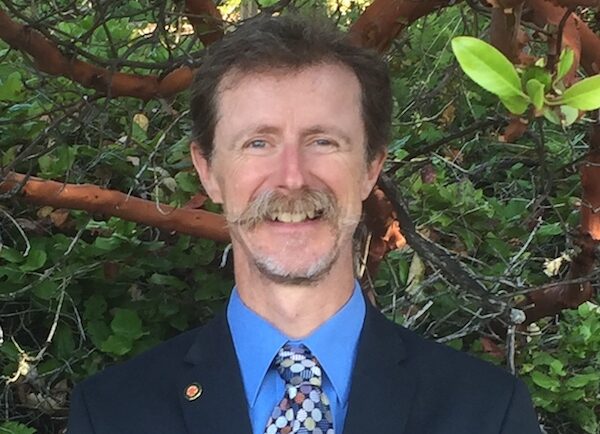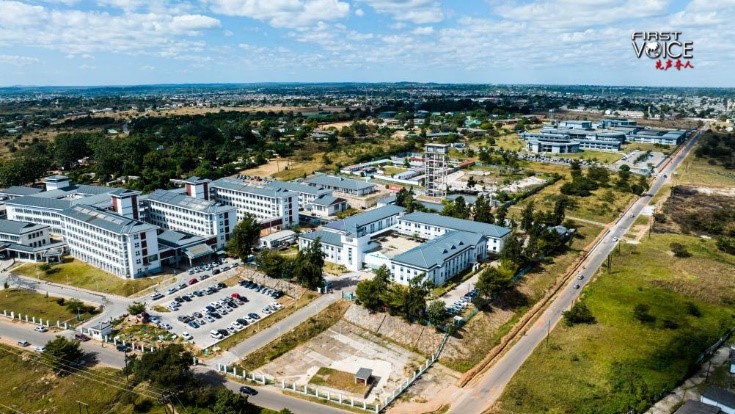
The China-aided Levy Mwanawasa University Teaching Hospital in Lusaka, Zambia, May 27, 2024. /Xinhua
by Zhao Yating
China and African nations have both experienced Western colonialism and oppression and therefore value their hard-won collective human rights and understand the importance of human rights protection.
In addition, both sides recognize that individual rights are subordinate to collective rights, with the right to development taking precedence, contrary to Western media claims that China disregards human rights in Africa.

Apart from that, China and African countries share common goals in human rights protection. As early as 2013, the African Union launched its Agenda 2063, a comprehensive plan at the continental level to guide Africa’s development over the next 50 years, with human rights protection as a key objective.
In the same year, during a visit to Tanzania, Chinese President Xi Jinping introduced the principle of sincerity, real results, amity and good faith and the principle of pursuing the greater good and shared interests in developing China’s relations with Africa, emphasizing that “China and Africa have long formed a community with a shared future.”
Hence, China and Africa must work together to achieve continuous progress in human rights protection. Moreover, “democracy” and “human rights” are not castles in the air; they cannot be realized in a short period through mere rhetoric or endless talk. They must be built on the foundation of economic development, improved educational standards, and increased awareness of democracy and the rule of law.
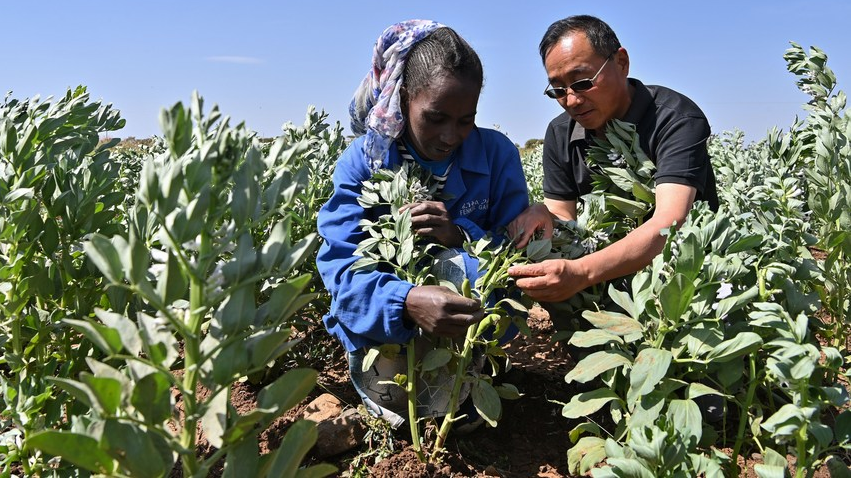
As the world’s largest developing country, China fully respects Africa’s needs, and spares no effort to assist African nations in infrastructure development, education improvement, and healthcare enhancement. These efforts have effectively improved the human rights situation in Africa.
In education, China has not only provided substantial educational funding to African countries, but has also built facilities or sent thousands of volunteer teachers to help improve the quality of education.
For instance, since the first Luban Workshop in Africa was established in Djibouti in March 2019, China has built 17 Luban Workshops across the continent, developing dozens of China-Africa cooperation programs and training over 10,000 African youths.
The Luban Workshop in Morocco, established in 2021, has held multiple cross-border e-commerce training sessions. Each year, more than 2,000 young students from various African countries and regions apply for these training programs.
China’s support for education in Africa not only enhances educational opportunities for local youth but also creates better employment prospects. Through skills training and vocational education, African youth can achieve higher incomes, leading to improved quality of life that is stable and fulfilling.
This positive cycle ultimately ensures that the African people truly enjoy human rights, with fairer opportunities for development and a brighter future. This is a concrete example of how China-Africa cooperation advances the cause of human rights.
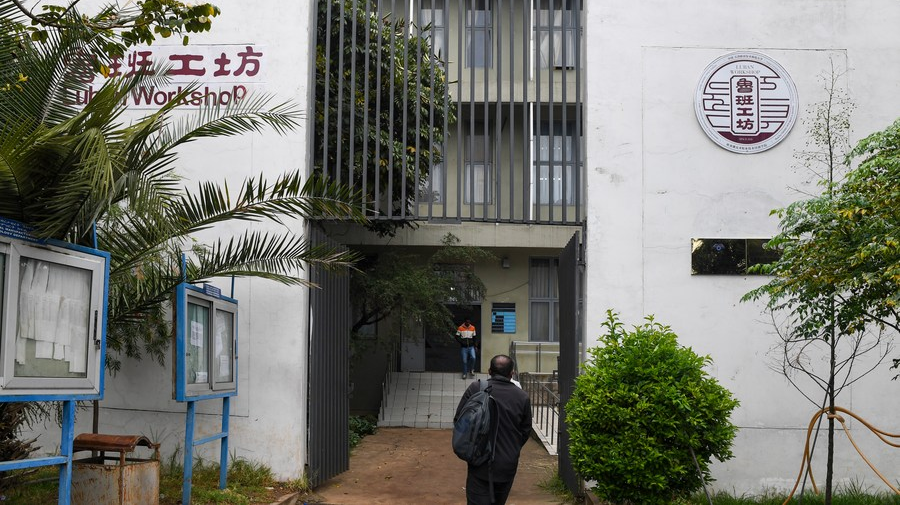
In healthcare, China’s contributions have been equally significant. Chinese medical teams have conducted extensive disease prevention and treatment efforts across African countries, providing much-needed medical services to local residents.
In 2014, West Africa experienced an Ebola outbreak with a fatality rate exceeding 60 percent. China dispatched 16 teams comprising over 1,200 medical personnel to assist in combating the epidemic.
They treated more than 800 patients and provided public health training to over 13,000 people. These efforts not only saved countless lives, but also improved the public health standards of African nations.
During the COVID-19 pandemic, China provided hundreds of millions of vaccines to African countries such as Mozambique, Namibia, Zimbabwe and Somalia. This timely support addressed the genuine concerns of African nations, embodying the spirit of humanitarianism through concrete actions.
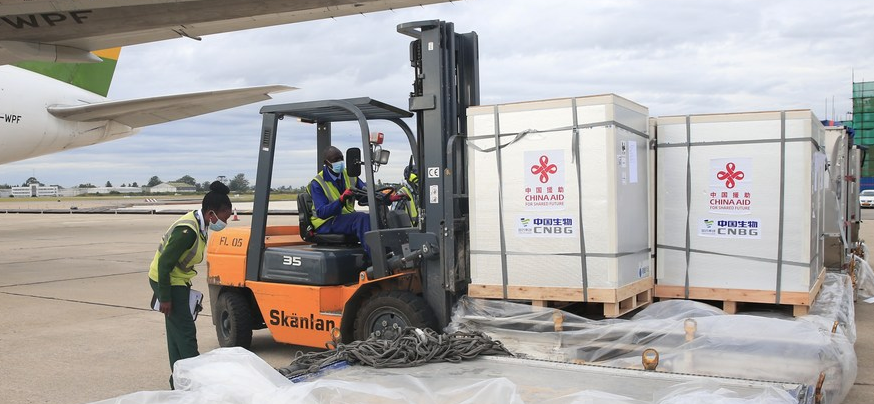
In infrastructure development, China has been a reliable partner for African countries. Currently, China has helped build over 6,000 kilometers of railways, 6,000 kilometers of highways, nearly 20 ports, and more than 80 large-scale power facilities in Africa.
Additionally, China has assisted in the construction of over 130 hospitals and clinics, more than 170 schools, 45 stadiums, and more. The benefits of China-Africa cooperation have directly reached countless households across African countries.
The improvement of infrastructure has not only facilitated internal exchanges within African countries but also strengthened their connections with other parts of the world, creating a more favorable external environment for the advancement of democracy and human rights in Africa.
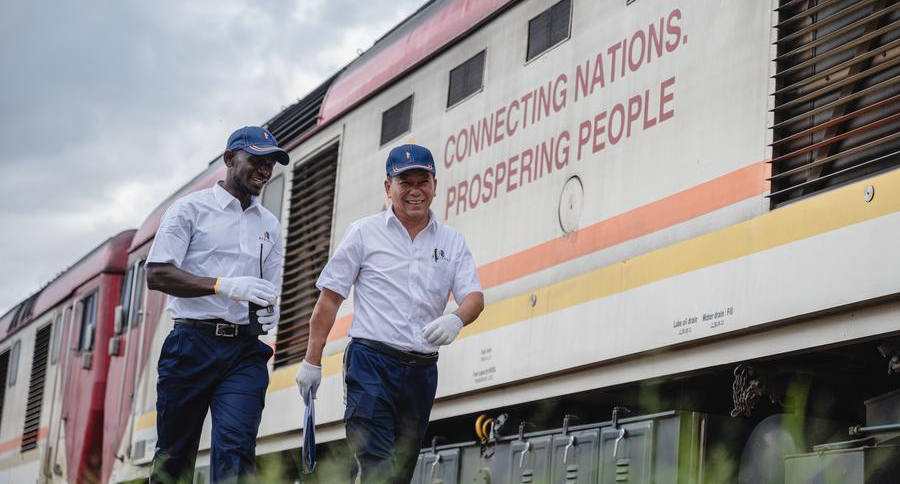
China has not disregarded African human rights but has instead actively supported Africa’s development through concrete actions in infrastructure, education, healthcare, agriculture, and more.
These efforts have significantly improved the living standards of the African people, promoting economic growth, better job opportunities, and social stability.
(C) Zhao Yating, a special commentator on current affairs for CGTN, is an assistant research fellow of West-Asian and African Studies at the Chinese Academy of Social Sciences. The article reflects the author’s opinions and not necessarily the views of CGTN.
(Contact us at opinions@cgtn.com. Follow @thouse_opinions on X, formerly Twitter)






